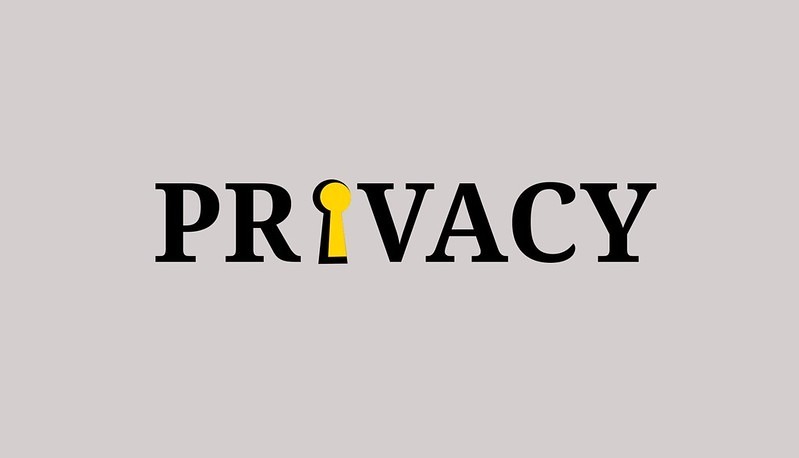
Tor, often called "The Onion Router," is the gateway to a hidden world. For some, it’s a shield against surveillance; for others, it’s a playground for illegal activities. But is Tor merely a tool, or is it a pivotal battleground in the war on privacy? This article will dig deep into Tor’s structure, intentions, and the controversies surrounding it. What lies beneath its layers, and who truly benefits?
Tor’s roots trace back to the need for safe, anonymous communication. Developed initially for the U.S. Navy, its purpose was clear: protect sensitive data while maintaining anonymity. As Tor’s network expanded, it transitioned from a government tool to an open-source project, opening doors for activists, journalists, and everyday users alike. The question remains: Is it possible for a tool designed with noble intentions to become something unmanageable?
This layered system protects users’ identities—but who else benefits from this anonymity?
Tor’s structure offers unparalleled privacy. Human rights advocates and journalists praise it for safeguarding freedom of expression in oppressive regimes. Yet, with every layer of privacy comes the potential for misuse. Hidden marketplaces, dark forums, and illegal transactions are as much a part of Tor’s ecosystem as privacy-conscious individuals.
What drives people to the dark web? Here’s where Tor’s influence gets murky. The hidden web attracts a range of users, from whistleblowers to hackers, exposing a fundamental conflict: privacy rights versus public safety.
The moral question here is difficult to navigate. Is anonymity on Tor a right, or does it inherently risk fueling darker purposes?
Governments worldwide are caught in a tug-of-war over online privacy, and Tor sits at the heart of this debate. As more surveillance laws emerge, privacy tools like Tor grow in popularity. Yet, this growth triggers intense scrutiny, with agencies across the globe questioning Tor’s balance of good and harm.
This dance of restriction and access raises a core question: Can anyone truly monitor Tor without infringing on individual privacy?
Tor’s complex relationship with the law highlights the challenges of regulating technology without stifling innovation. Most countries don’t directly regulate Tor but go after those who misuse it. Yet, the question remains: should governments regulate a tool that protects freedom or let it operate freely and risk potential misuse?
The complexities here make for an interesting dilemma. Can Tor remain a neutral tool, or will increasing regulation corner it into submission?
As the digital world grows, so do ethical questions around privacy. Tor’s existence challenges societal norms and redefines the concept of anonymity. Does it protect individuals, or has it become an enabler of crime? As technology evolves, the ethics of anonymity will become an even more pressing issue. And as scrutiny intensifies, Tor must continue balancing freedom and responsibility, a task as daunting as it is delicate.
Tor isn’t a villain, nor is it a saint. It’s a tool, and like all tools, it’s subject to the intentions of those who wield it. In the grand privacy debate, Tor stands as both a guardian of freedom and a potential threat to public safety. The question is not whether Tor is good or bad but how society can coexist with such powerful anonymity in the digital age.
As the war on privacy intensifies, who will emerge victorious—privacy advocates, surveillance forces, or perhaps a middle ground we’ve yet to uncover? The answer remains buried within Tor’s layers, waiting for the next unmasking.
Learn more about who is winning with Tor. Is Tor a shield for the activist or a cybercrime incubator?
